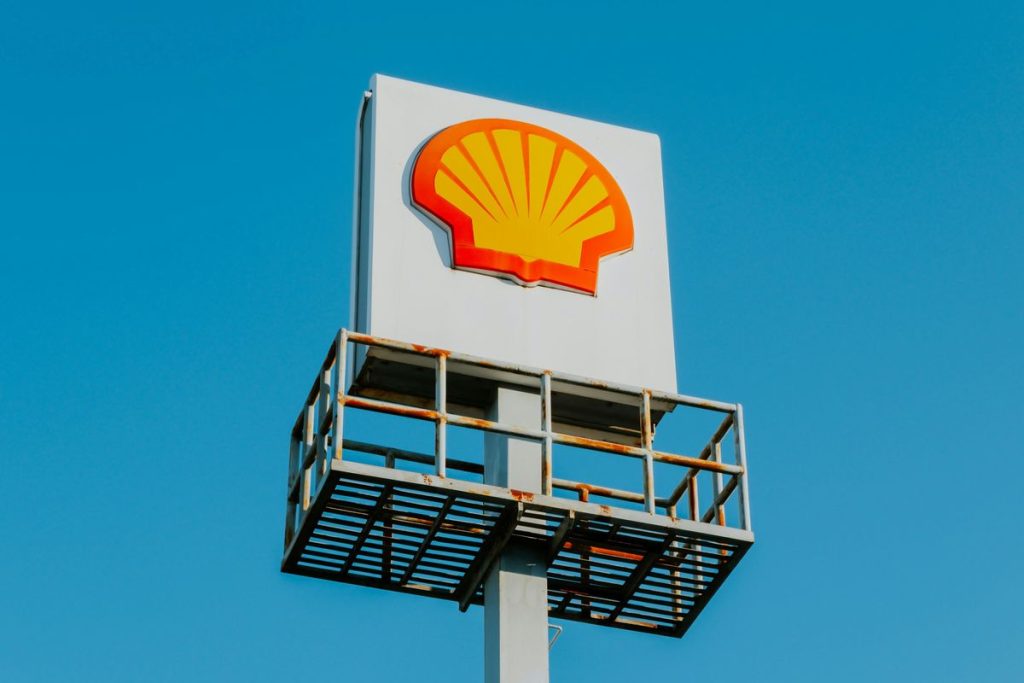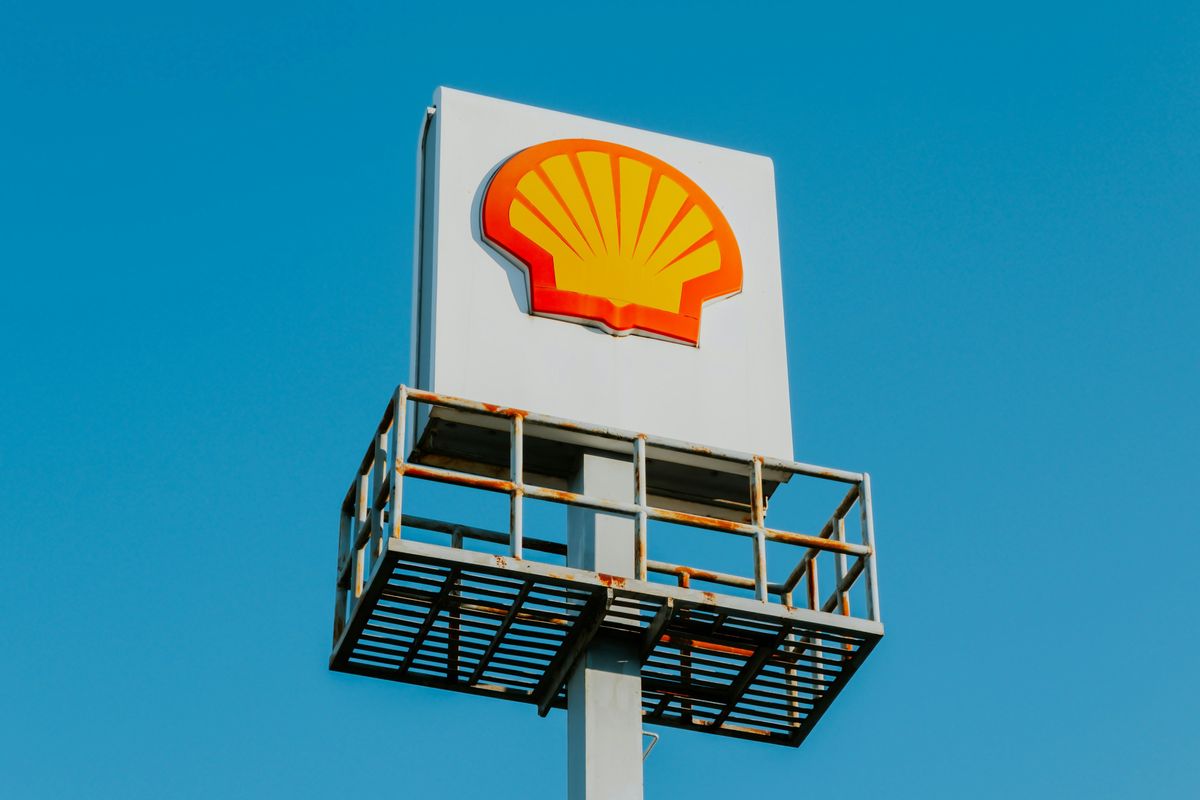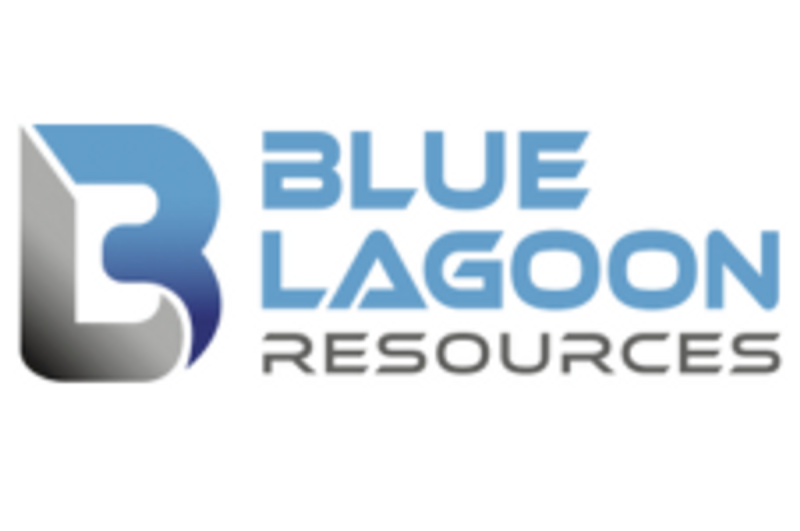Shell Denies Interest in BP Takeover, Freezing Potential Deal for Six Months


Shell (NYSE:SHEL) has moved quickly to shut down speculation about a takeover bid for BP (LSE:BP,NYSE:BP), issuing a formal statement under the UK Takeover Code.
According to the company, no talks have taken place and it has no intention of making an offer.
“In response to recent media speculation Shell wishes to clarify that it has not been actively considering making an offer for BP and confirms it has not made an approach to, and no talks have taken place with, BP with regards to a possible offer,” the company said in a statement released Thursday (June 26) morning.
The clarification came after the Wall Street Journal reported that Shell was in early stage discussions to acquire BP, citing unnamed sources familiar with the matter.
The report characterizes the potential tie up as a “landmark combination” of two supermajor oil companies — one that could rival Exxon Mobil (NYSE:XOM) and Chevron (NYSE:CVX) in scale and reach. It would also represent the largest corporate oil merger since the US$83 billion creation of ExxonMobil at the turn of the century.
Shell’s formal denial triggers Rule 2.8 of the UK City Code on Takeovers and Mergers, barring it from making a bid for BP for the next six months, except under limited circumstances — such as BP inviting an offer, a third-party bid emerging or a material change in circumstances. In doing so, it quells investor anticipation about an energy mega-merger.
“This is a statement to which Rule 2.8 of the Code applies and accordingly Shell confirms it has no intention of making an offer for BP. As a result, Shell will be bound by the restrictions set out in Rule 2.8 of the Code,” the company states.
BP shares react, market speculation continues
The Journal’s report briefly pushed BP shares higher on Wednesday (June 25) before Shell’s denial tempered gains.
As of Thursday, BP’s share price remains one of the most underperforming among major oil companies, still lagging behind competitors after its much-criticized 2020 strategy to shift away from fossil fuels and ramp up its focus on renewables — an approach it has recently walked back.
BP’s market cap currently stands at around US$80 billion. Factoring in a takeover premium, any bid would likely surpass that amount, placing it as potentially the biggest deal of 2025 and the largest in the energy sector in decades.
Shell, which has a market value exceeding US$200 billion, would have to weigh substantial integration and regulatory challenges in any potential transaction. As mentioned, the company would be able to revisit a bid if BP’s board invites it, or if a third-party competitor steps forward, keeping the door technically and legally open.
Fueling the acquisition rumors is mounting pressure from activist hedge fund Elliott Investment Management, which holds over 5 percent of BP’s shares. Elliott has pushed for sharper cost discipline and improved shareholder returns at the company, criticizing what it views as BP’s inconsistent strategy.
In response, BP has taken steps to refocus on core hydrocarbons. It has boosted oil and gas production targets, slashed clean energy investments and begun unloading non-core businesses. The company is in the process of selling its Castrol-branded lubricants division and is exploring divestment from its solar joint venture, Lightsource BP.
BP also announced earlier this month that Chairman Helge Lund — seen as the architect of the company’s now-receding green transition — is set to step down. The leadership shakeup adds to speculation that BP is becoming more receptive to investor demands and, potentially, corporate consolidation.
Whether or not a Shell-BP deal ever materializes, the broader M&A wave sweeping the oil and gas sector shows no signs of slowing. Chevron is in the process of finalizing its US$53 billion acquisition of Hess (NYSE:HES), though that deal faces legal challenges from Exxon Mobil, which holds overlapping interests.
Exxon itself completed a US$60 billion purchase of Pioneer Natural Resources last year. Diamondback Energy’s (NASDAQ:FANG) US$26 billion acquisition of Endeavor Energy Resources in the Permian Basin also reflects the growing appetite for consolidation in an industry facing long-term cost pressures and uncertain regulatory futures.
Securities Disclosure: I, Giann Liguid, hold no direct investment interest in any company mentioned in this article.







